Transgender Rights: U.S. Legislation
A review of the history and trends of Anti-Trans Legislation in contemporary America

"The left-wing gender insanity being pushed on our children is an act of abuse..." - Donald Trump
A transgender person is someone whose gender identity does not align with the gender they were assigned at birth. Accounts of transgender individuals trace back to ancient cultures, however the modern terms and meanings of transgender and gender identity did not emerge until the 1950s and 1960s.
According to a 2022 report by the Williams Institute:
- Over 1.6 million adults and youth identify as transgender in the United States
- Of U.S adults, 0.5% of the population identify as transgender
- Of U.S youth, 1.4% of the population identify as transgender
Since 2015, the United States has seen an increase in anti-transgender legislation despite an increasing acceptance of transgenderism in wider society. In 2023, anti-transgender legislation has seen a particularly large increase, with nearly three times more proposed bills than 2022.
Current legislation that seeks to block trans people from receiving basic healthcare, education, legal recognition, and the right to publicly exist:
Trans Panic Anti-trans legislation is a prevalent issue in modern day United States society.
This story seeks to provide a brief introduction to the history of transgender legislation in the United States, before discussing current proposed and ratified legislation.
United States legislation will then be compared with historical and modern societal views towards transgender individuals.
Anti-transgender legislation has extremely harmful effects, attacking the rights of individuals. In particular, legislation regarding access to healthcare exhibits the significant impacts felt by American transgender individuals.
In this story, we take a deeper look at healthcare restricting bills in order to show the harm faced by many across the United States.

History of Anti-Trans Legislation in the United States
When was anti-trans legislation first introduced?
How has anti-trans legislation evolved with time?
Where does anti-trans legislation currently sit within the United States legal system?

A Brief History of Anti - Trans Legislation in the United States
Congressional Proceeding Reference “Gender Identity”
March 6, 1968
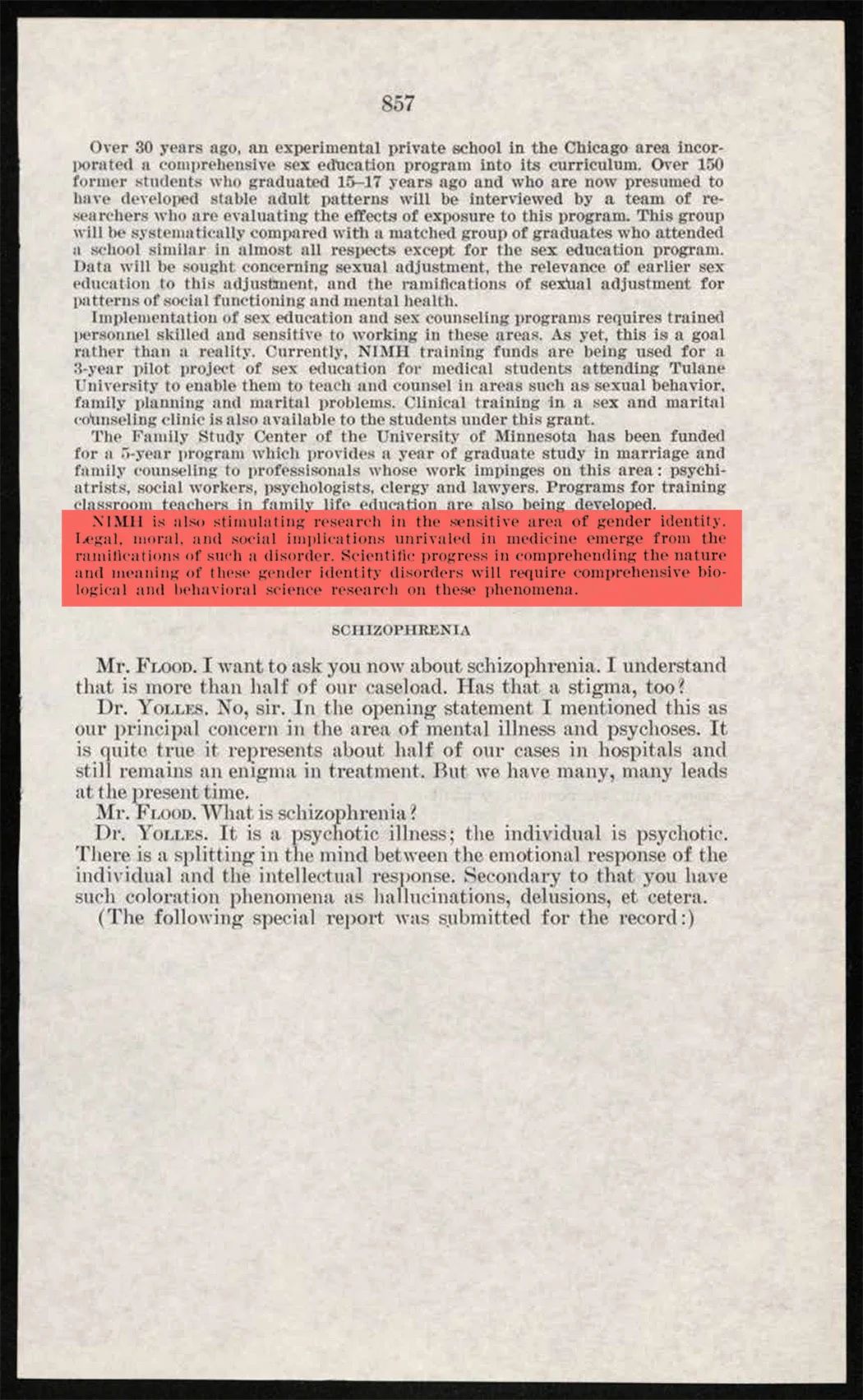
Public Health Service from the National Institute of Mental Health mentions “Gender Identity disorder” in a summary of “Sex Deviates”.
Stonewall Uprising
June 28, 1969 - July 3, 1969

Following a police raid, Protesters emerged at the Stonewall Inn around Christopher Street in New York, rebelling for around for six days. This uprising was a catalyst for other protests advocating for LGBT rights.
Courts Rule No Constitutional Protection For Sodomy in Bowers V. Hardwick
March 13, 1986
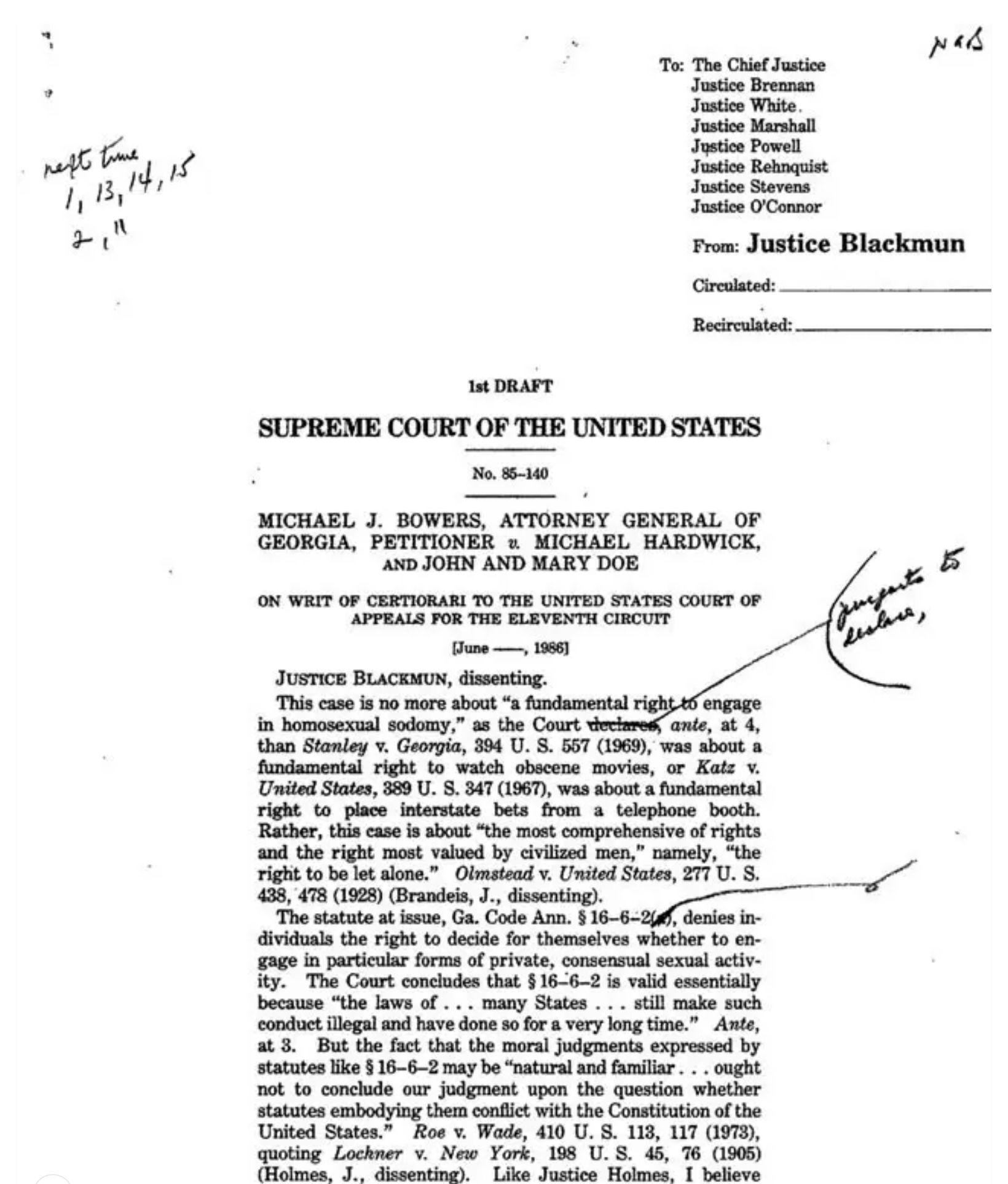
This ruling allowed Sodomy to continually be prosecuted in states where homosexual activity was illegal.
First Mention of “Transvestites” In Legislation
September 12, 1988

This act protected “handicapped persons” from housing discrimination, but included “neither the term ‘individual with handicaps’, nor the term ‘handicap’ shall apply to an individual solely because that individual is a transvestite.”
First key mention of “Transgender” in Congressional Proceedings
July 25, 1994

Senator Jesse Helms criticised funding toward an LGBT film festival that included an AIDS-related art demonstration.
Awareness Raised In Congress of Human Rights Violations Experienced by LGBT People Globally
August 6, 1998

At a Congressional Human Rights Briefing, California Rep Tom Lantos spoke about human rights violations experienced by LGBT people globally and then called for equal rights.
Lawrence V. Texas ruling overturns the Bowers V. Hardwick, declaring sodomy laws as ‘unconstitutional’
June 26, 2003

Ruling overturns all remaining sodomy laws restricting sexual acts between the same sex.
Proclamation 8387 signed, establishing LGBTQ pride month
June 1, 2009

18 U.S.C. & 249: Matthew Shepard and James Byrd Jr. Hate Crimes Prevention Act
October 28, 2009

This bill labelled discrimination against percieved sexual orientation, gender, gender identity and disability a hate crime.
“Gender Identity Disorder” updated to “Gender Dysphoria” in the Diagnostic and Statistical Manual of Mental Disorders
May 18, 2013
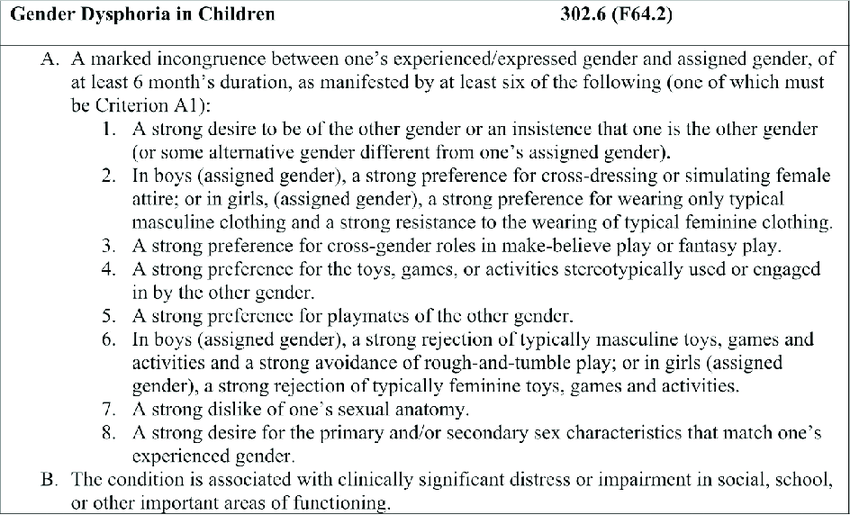
Transgenderism was no longer a ‘mental illness’ according to mental health professionals and acknowledges the distress experienced by Transgender people. A diagnosis of ‘Gender Dysphoria’ is sometimes required for insurance coverage of Gender-Affirming surgery.
Explicit statement that discrimination against transgender people is covered by Title VII
September 25, 2014
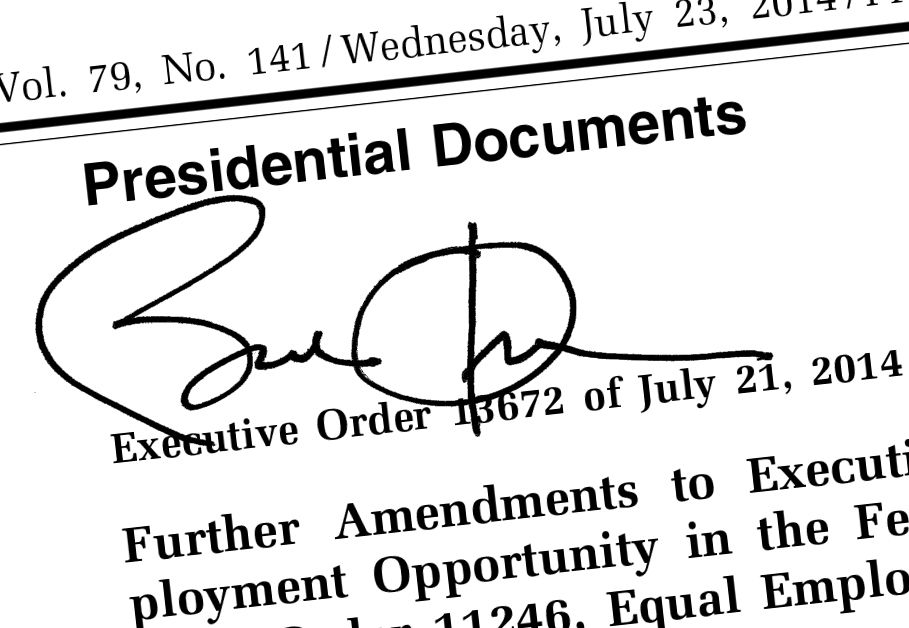
This made it illegal to fire people if they came out as transgender, affirming that they were covered by Title VII under sex-based discrimination.
Insurance Companies in the Federal Health Benefits Program required to cover transition-related healthcare
June 23, 2015

This decision ruled that “no carrier participating in the Federal Employees Health Benefits Program may have a general exclusion of services, drugs or supplies related to gender transition or ‘sex transformations’”. In 2016 it was clarified that “treatment may be necessary to address gender dysphoria.”
First Bills Explicity Prohibiting Insurance Coverage and Performance of Gender-Affirming healthcare for transgender youth introduced
November 6, 2017

These New Hampshire Bills aimed prohibit gender-affirming hormone replacement therapy and gender reassignment for minors. Both deemed “inexpendeint to legislate” and fail.
The Supreme Court Issues decision in Boston’s V. Clayton Country, that discrimination based in Gender Identity or Sexual Orientation violates Title VII
June 15, 2020

The Supreme Court rule that discrimination based on gender identity or sexual orientation is based on sex, allowing more protections for LGBTQ workers.
Final Regulations Issued on Section 1557 of the Affordable Care Act
June 19, 2020
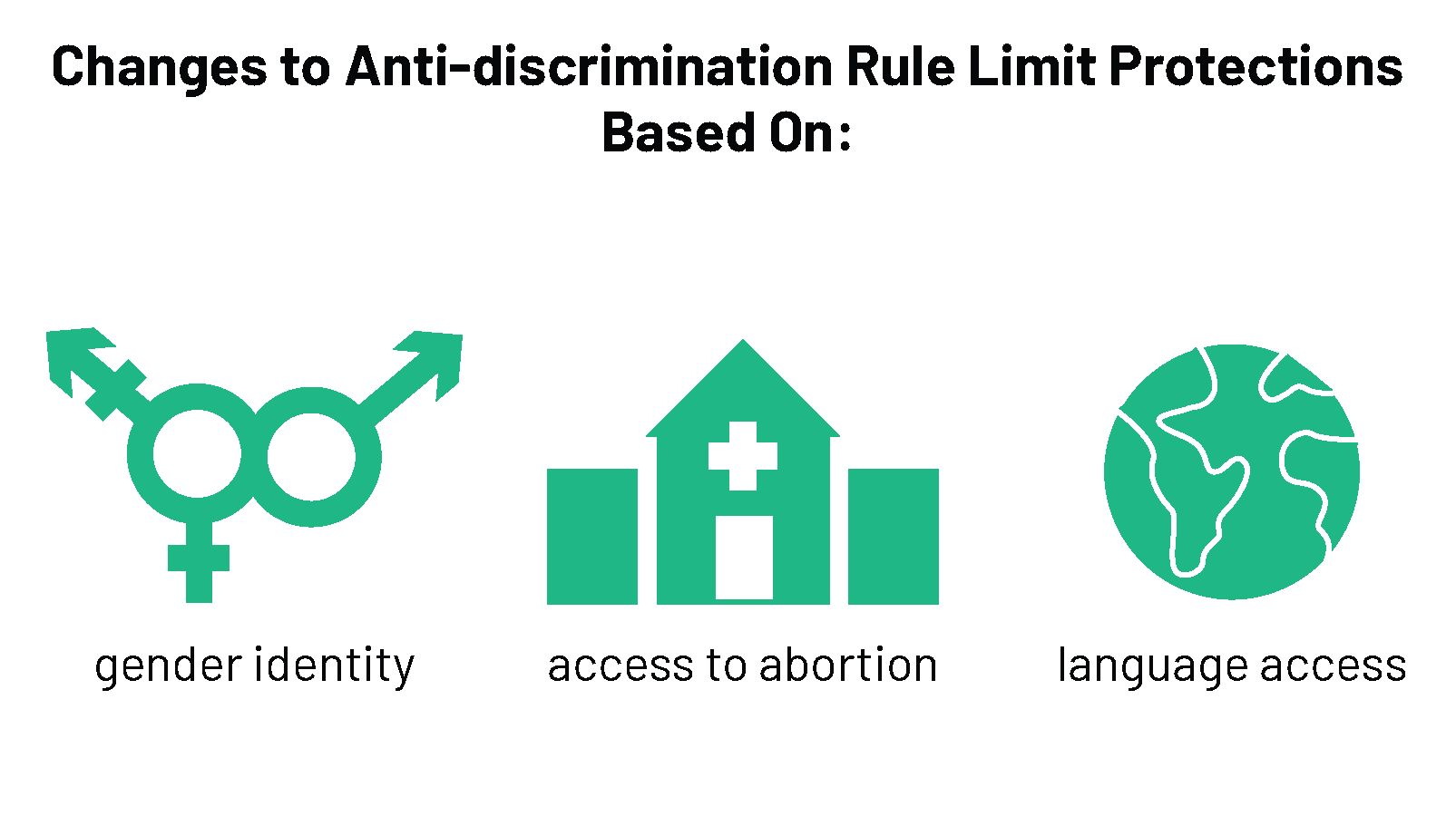
Rolls back protections for transgender people and other protected groups against discrimination in healthcare

legislative TRANSPHOBIA SKYROCKETS: 226% sURGE BETWEEN 2022 AND 2023
Now a quarter-way through 2023, there have already been 394 more anti-trans legislation proposals than at the end of 2022; 84 of these bills have been passed.
In 2023, the 83 anti-trans bills passed across the United States have been categorized by Translegeslation.com:
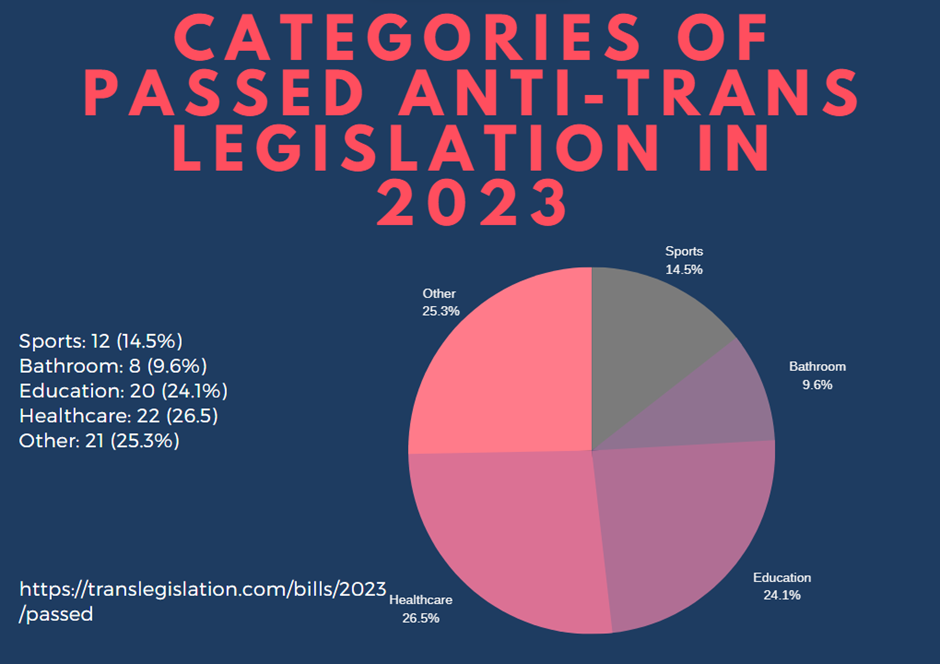

The Recent Increase
The Primary area that has been affected is in healthcare, whereby bills that target gender-affirming healthcare in 2023 is already more than the previous five years combined.
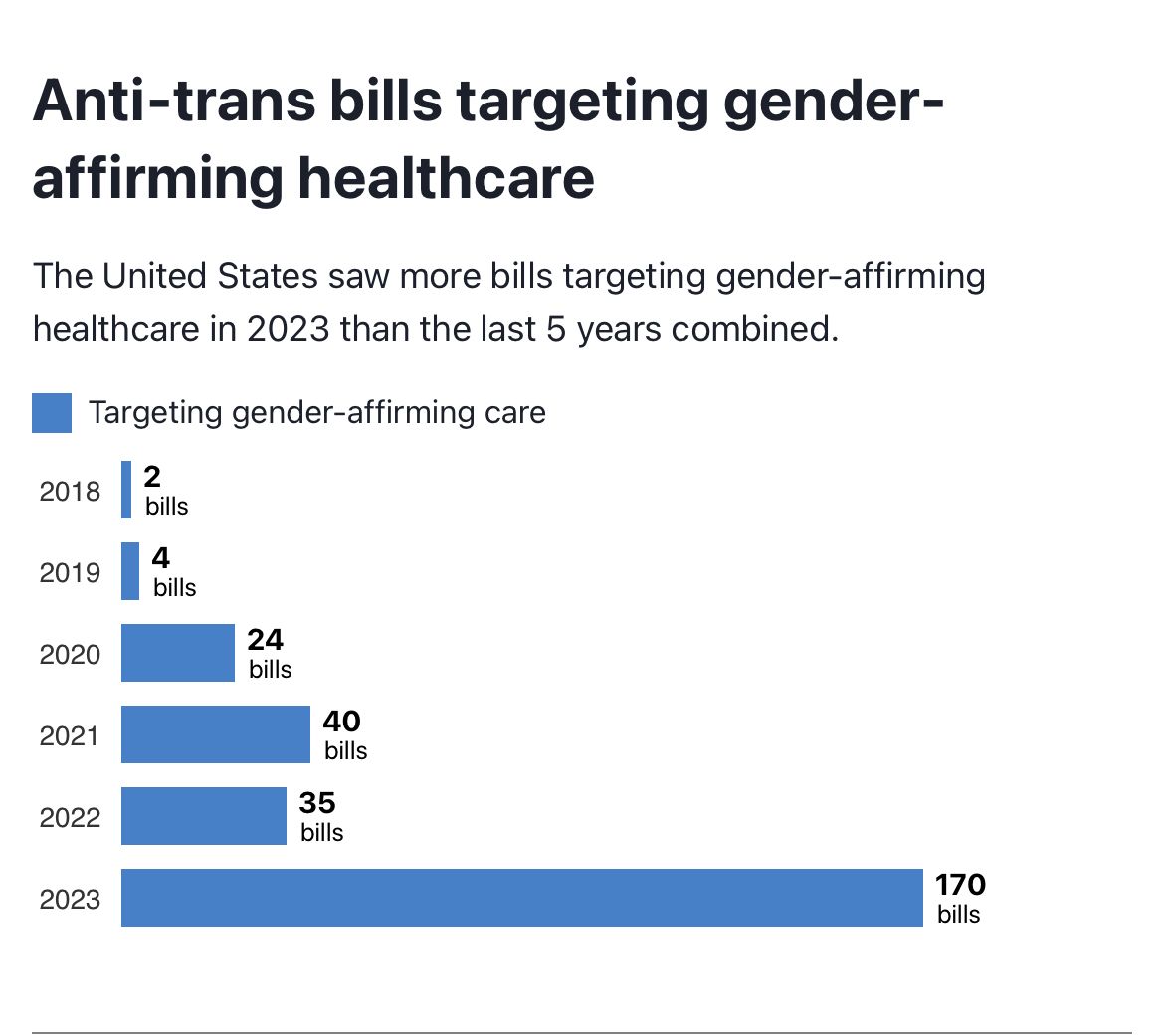
There are many reasons for this increase. Anti-Trans legislation initially surfaced in 2017, where New Hampshire Bills aimed to prohibit gender-affirming hormone replacement therapy and gender reassignment for minors. These bills were deemed “inexpendeint to legislate” and failed Final Regulations, but still began a trend of proposed legislation opposing Gender Re-Assignment therapy for Minors. The rate of bills began to skyrocket, however, when the Trump Administration Issued

Contemporary American Transphobia: Legislation and Society
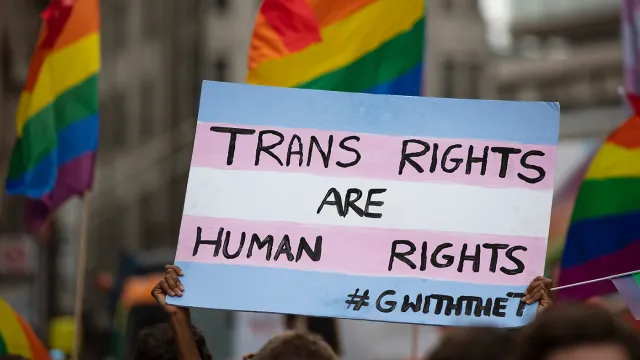
A Disconnect Between the Views of Lawmakers and the Views of the Public
Despite the increase in anti-transgender legislation, societal views do not reflect a call for restrictive policies. Numerous surveys of American citizens show a general desire to protect transgender people from discrimination. The proposal and implementation of such laws instead appear to reflect the personal beliefs of certain lawmakers.
This disconnect is demonstrated in protests that occurred in the Kentucky House Chamber in 2023 as depicted in this video. In March 2023, the Kentucky legislature voted to override Governor Andy Beshear's veto of Senate Bill 150. This bill included restrictions on a number of transgender rights, including access to gender affirming care. As depicted, prior to the vote a large number of protestors were escorted from the House Chamber, while Representatives opposing the bill asserted that it would cause more harm than good, and was not a reflection of society's views.
When analysing the implementation of restrictive transgender legislation, it is clear that lawmakers are creating laws based on personal views, rather than the views of the people they're meant to represent.

U.S. Senator Marsha Blackburn headlining anti-transgender rally
U.S. Senator Marsha Blackburn headlining anti-transgender rally
"This house is for the people, by the people, to serve the people, and you won't listen. You go after everybody's kids, but your own." - Representative Pamela Stevenson.
LAWMAKERS ATTACK, BUT SOCIETY SUPPORTS
Society and Social Media
Although social media platforms can be, at times, divisive, publicly posted Pro-trans rights content is a common contemporary mode for the advocism of transgender people and communities
Here are a couple of trending pro-trans hashtags that are commonly used on Instagram.
APPLYING THE PROBLEM OF ANTI-TRANSGENDER LEGISLATION:
THE TRANSGENDER HEALTHCARE EXAMPLE
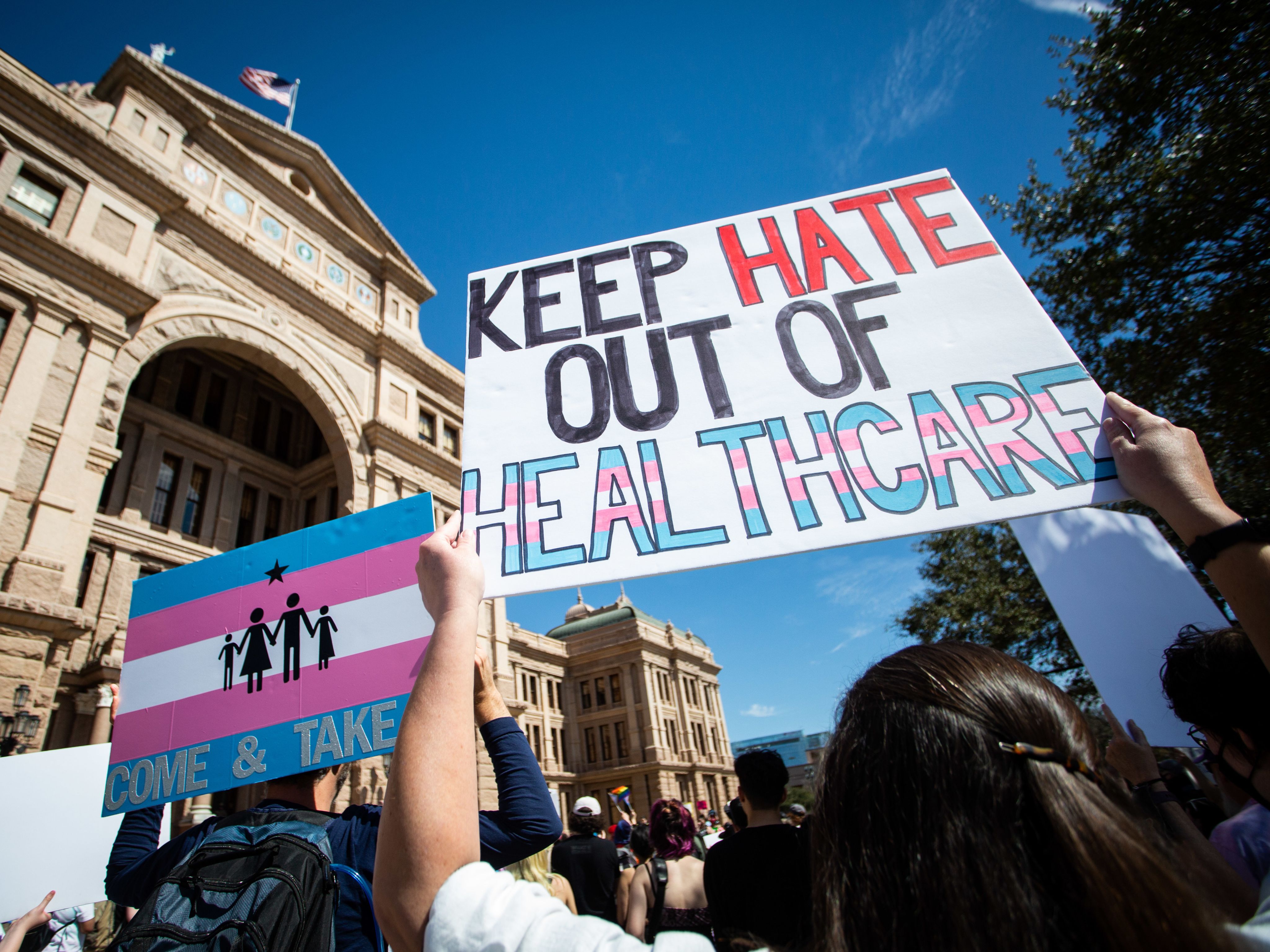

Why anti-trans legislation is problematic in the context of healthcare
Anti-transgender legislation is problematic in that stripping these individuals of legal recognition also deprives them of their rights to many things we as humans deem fundamental. A key example that highlights how anti-trans bills are problematic is access to healthcare for transgender individuals
Anti-Trans Legislation Relating to Healthcare Targeting Youth
Anti-trans legislation relating to healthcare is generally centred around the minors and prohibiting their rights to receiving gender-transition based care. A key argument to those who object to transgender related procedures is that youth are not ‘mature’ enough to make these decisions. Legislation targeting minors is especially problematic as out of the estimated 1.6 million Americans who identify as transgender an estimated 300,000 of these individuals are under the age of 18. This strips a large portion of these individuals rights to accessing the healthcare they require.
Vulnerability of Transgender Individuals
A behaviour risk study showed that transgender individuals are more than twice as likely as cis gender populations to suffer depression then cisgender individuals are.
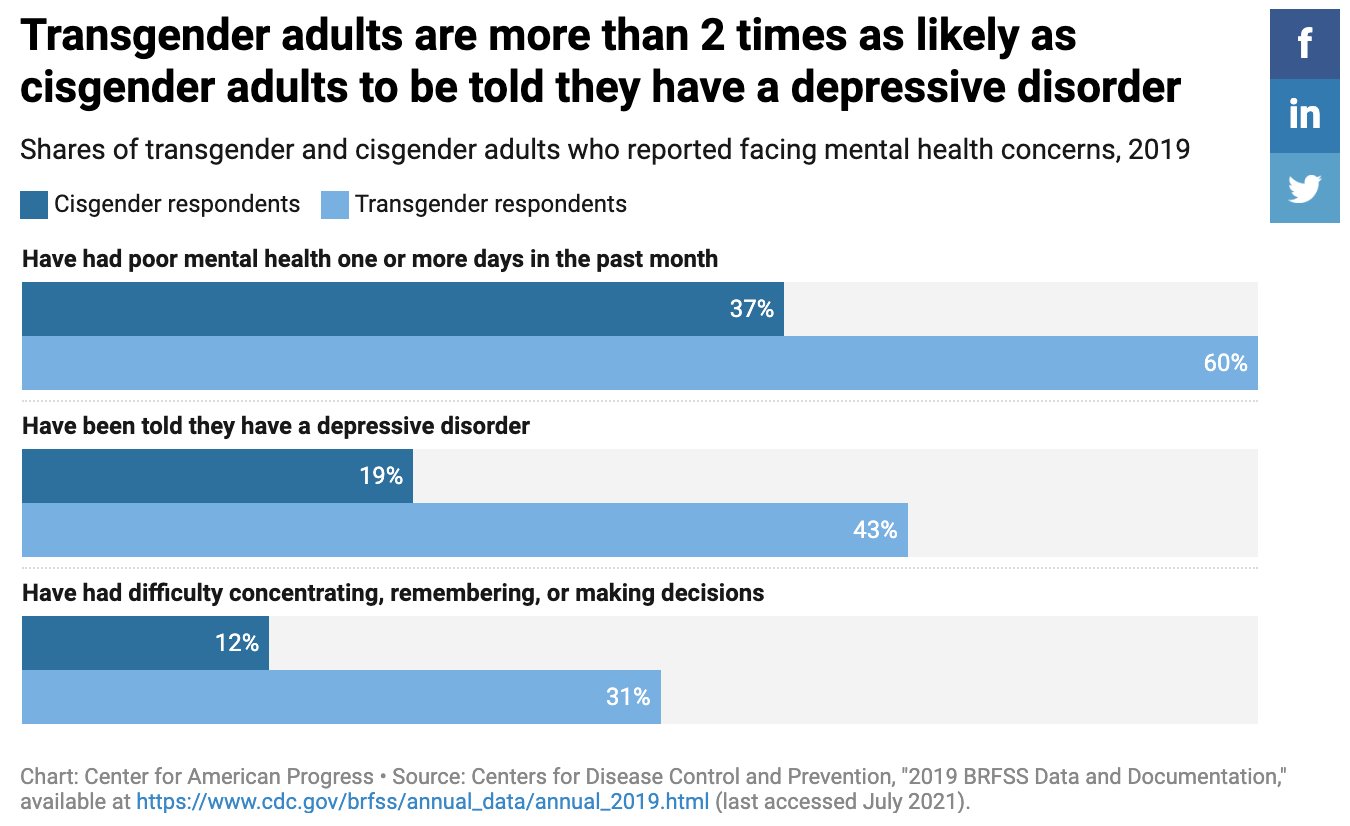
Transgender people in respect to cardiovascular health are at greater risk then cisgender individuals with statistics showing that transgender individuals are more prone to blood clots and heart attacks as a result of hormone changing procedures.
These examples highlight the vulnerability of transgender individuals in the healthcare sector and the need for adequate health care and health insurance for these individuals.

Key Issues Relating to Healthcare for Transgender Individuals
Transgender individuals face significant disparities within the healthcare context. These issues are faced from discriminatory treatment which stems from social perceptions of transgender individuals and legislation limiting their rights.
The largest barrier reported by transgender individuals in relation to healthcare is the insufficient number of knowledgeable healthcare professionals.
A national survey of transgender males in the United States found that 41.8% of participants had experienced inequitable and unjust treatment due to their gender identity being transgender.
A survey of Liaison Committee on Medical Education-accredited faculty practices in the US found that 50% of practices had no training as to transgender, gay, lesbian or LGBQT individuals and only 16% held thorough knowledge of this.
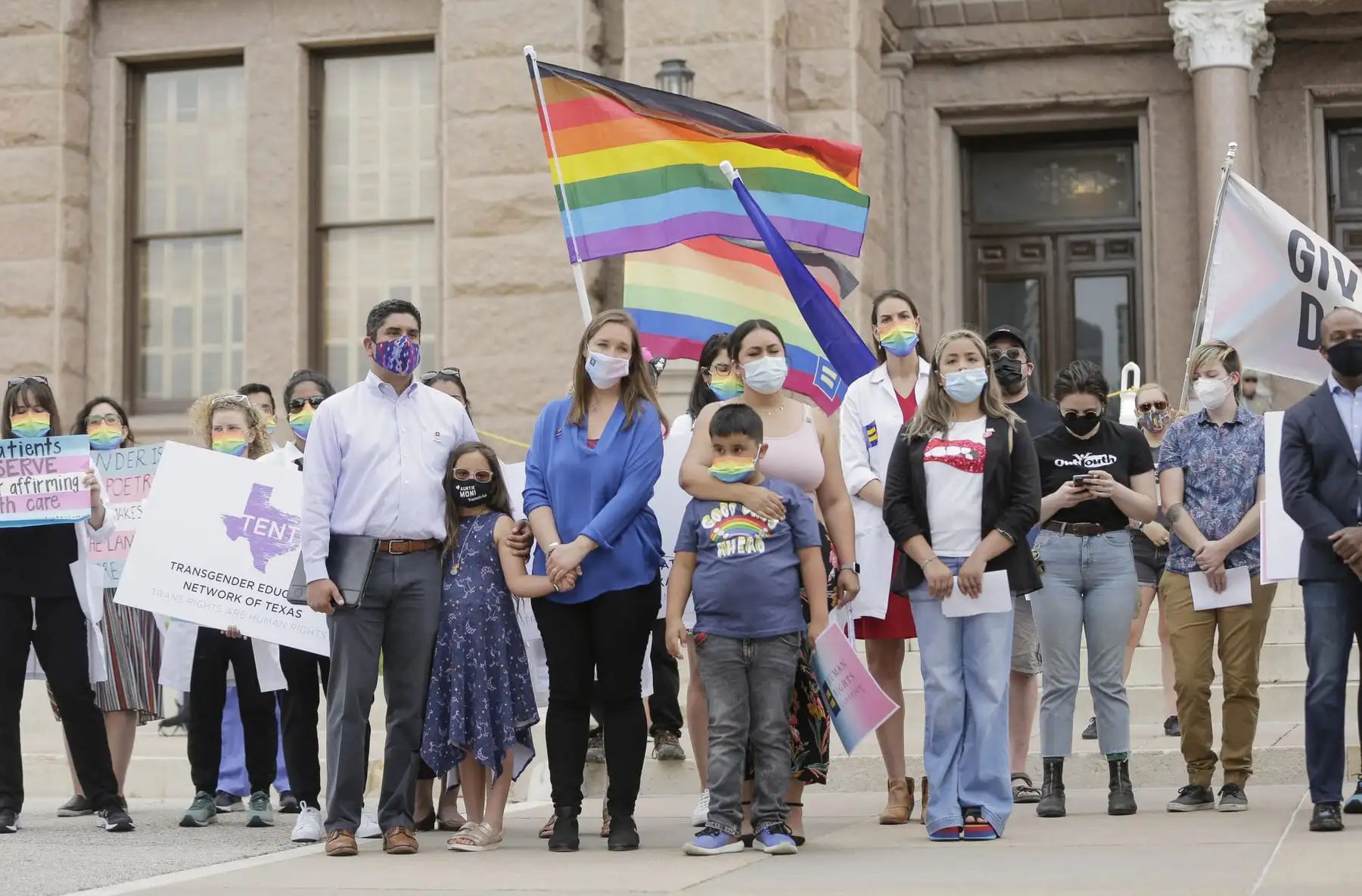
Kayla Denker describing their experience with the U.S healthcare system as a transgender individual
Kayla Denker, a US citizen describes to their 20.1k followers on tik tok their frustration and struggle with the US healthcare system as a transgender individual
Kayla discusses the struggle just to be able to get in contact with healthcare professionals stating that due to lack of knowledge as to the procedure they were inquiring about this made the process lengthy and challenging. They found out the procedure was no longer offered by the doctor they were sent to due to issues with bills. They describe 'barriers being put in their way" and how strenuous and exhausting this is for them.
Kayla's video highlights these issues of lack of educated healthcare professionals and provides insight into just how this affects transgender individuals such as Kayla and how this makes access to healthcare for those who identify as transgender a frustrating and lengthy process.
How can things be improved in the U.S healthcare setting for transgender individuals?
Ultimately legislation surrounding healthcare and health insurance are an ultimate barrier towards transgender discrimination within the healthcare sector in the US.
However two proposed changes that could contribute to changes in this area would be:
- Changes in this area would require adequate education and training for healthcare professionals and a shift in the stigma associated with transgender people. This can be divided into changes in medical school as well as additional adequate training for already qualified healthcare professionals.
- Continued and increased protesting and sharing of societal views of backlash towards these anti-trans gender bills.
References:
|
Adobe Stock (2023). Ahead of Transgender Day of Visibility, Democrats press bill of rights. [Image] Available at: https://thehill.com/homenews/house/3926230-ahead-of-transgender-day-of-visibility-democrats-press-bill-of-rights/ [Accessed 22 Sep. 2023]. American Civil Liberties Union. (2023). Mapping Attacks on LGBTQ Rights in U.S. State Legislatures. [online] Available at: https://www.aclu.org/legislative-attacks-on-lgbtq-rights?state=. |
|
Cole, D. (2023) GOP lawmakers escalate fight against gender-affirming care with bills seeking to expand the scope of bans | CNN politics, CNN. Available at: https://edition.cnn.com/2023/02/11/politics/gender-affirming-care-bans-transgender-rights/index.html (Accessed: 19 September 2023). |
|
Director, S.N.A. et al. (2022) Protecting and advancing health care for transgender adult communities, Center for American Progress. Available at: https://www.americanprogress.org/article/protecting-advancing-health-care-transgender-adult-communities/ (Accessed: 20 September 2023). |
|
Flores, A., Herman, J., Gates, G. and Brown, T. (2022). How many adults identify as transgender in the United States?[online] Williams Institute. Available at: https://williamsinstitute.law.ucla.edu/publications/trans-adults-united-states/. |
|
Health disparities and equitable access to health care persist with transgender adults (no date) American Heart Association. Available at: https://newsroom.heart.org/news/health-disparities-and-equitable-access-to-health-care-persist-with-transgender-adults (Accessed: 20 September 2023). |
|
LEX18 (2023). Kentucky lawmaker calls out legislators voting for ‘anti-trans’ bill. [online] www.youtube.com. Available at: https://youtu.be/U93Is76LFPo?si=idk5y3z7QW07i-bf. |
|
Mickle, J. (2023). Kentucky legislature overrides Gov. Beshear’s veto of Senate Bill 150, critics say it’s anti-LGBTQ. [online] LEX 18 News - Lexington, KY (WLEX). Available at: https://www.lex18.com/news/covering-kentucky/supporters-opponents-of-senate-bill-150-hold-rallies-at-kentucky-capitol. |
|
Mukherjee, S. (2020) What the Supreme Court’s landmark ruling on LGBTQ job discrimination means for transgender health protections, Fortune. Available at: https://fortune.com/2020/06/15/supreme-court-lgbtq-discrimination-ruling-vote-decision-scotus-transgender-health-care-protections-obama-trump-law-gorsuch/ (Accessed: 19 September 2023). |
|
Partipilo, J., October 21, T.L. and 2022 (2022). U.S. Sen. Marsha Blackburn headlines anti-transgender rally in Nashville. [online] Tennessee Lookout. Available at: https://tennesseelookout.com/2022/10/21/u-s-sen-marsha-blackburn-headlines-anti-transgender-rally-in-nashville/. |
|
Reddy, A. (2023) Transgender Healthcare and Medical Education: An inductive thematic analysis of Digital Discourse, Cureus. Available at: https://www.ncbi.nlm.nih.gov/pmc/articles/PMC10019934/ (Accessed: 17 September 2023). |
|
Safer, J.D. et al. (2016) Barriers to healthcare for transgender individuals, Current opinion in endocrinology, diabetes, and obesity. Available at: https://www.ncbi.nlm.nih.gov/pmc/articles/PMC4802845/ (Accessed: 17 September 2023). |
|
Sosin, K. (2022). Why is the GOP escalating attacks on trans rights? Experts say the goal is to make sure evangelicals vote. [online] PBS NewsHour. Available at: https://www.pbs.org/newshour/politics/why-is-the-gop-escalating-attacks-on-trans-rights-experts-say-the-goal-is-to-make-sure-evangelicals-vote. |
|
Thoreson, R. (2023) ‘you don’t want second best’, Human Rights Watch. Available at: https://www.hrw.org/report/2018/07/23/you-dont-want-second-best/anti-lgbt-discrimination-us-health-care (Accessed: 19 September 2023). |
|
Tracey, L. (2022). Transgender Legal Battles: A Timeline. [online] JSTOR Daily. |
|
Vipond, E. (2015). Trans Rights Will Not Protect Us: the Limits of Equal Rights Discourse, Antidiscrimination Laws, and Hate Crime Legislation. www.instagram.com. (n.d.). Instagram. [online] Available at: https://www.instagram.com/explore/tags/transisbeautiful/ [Accessed 21 Sep. 2023]. o www.instagram.com. (n.d.). Instagram. [online] Available at: https://www.instagram.com/explore/tags/transrightsarehumanrights/ [Accessed 21 Sep. 2023]. al of Legal Studies, 6(1), pp.1–20. |




